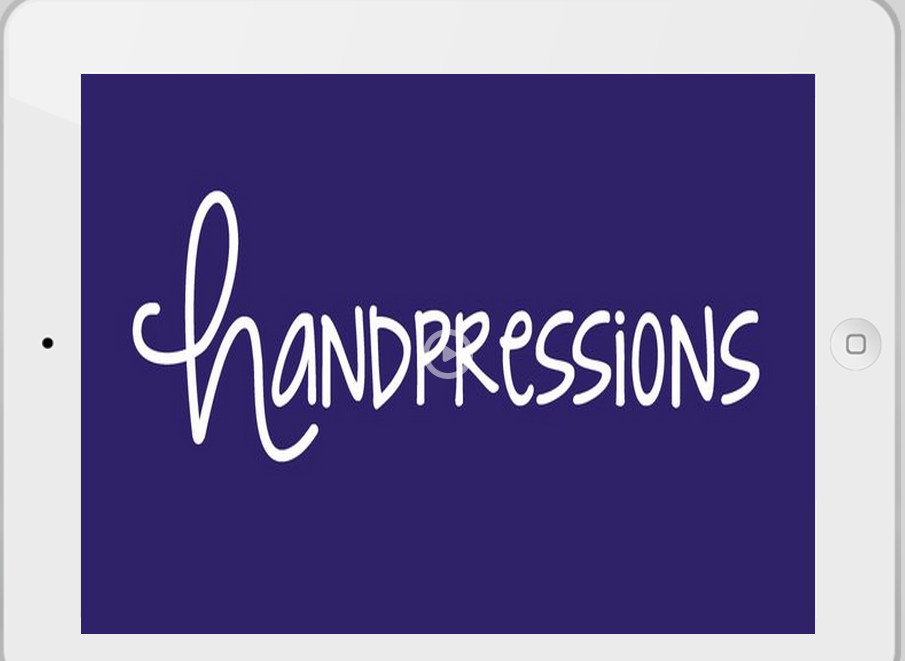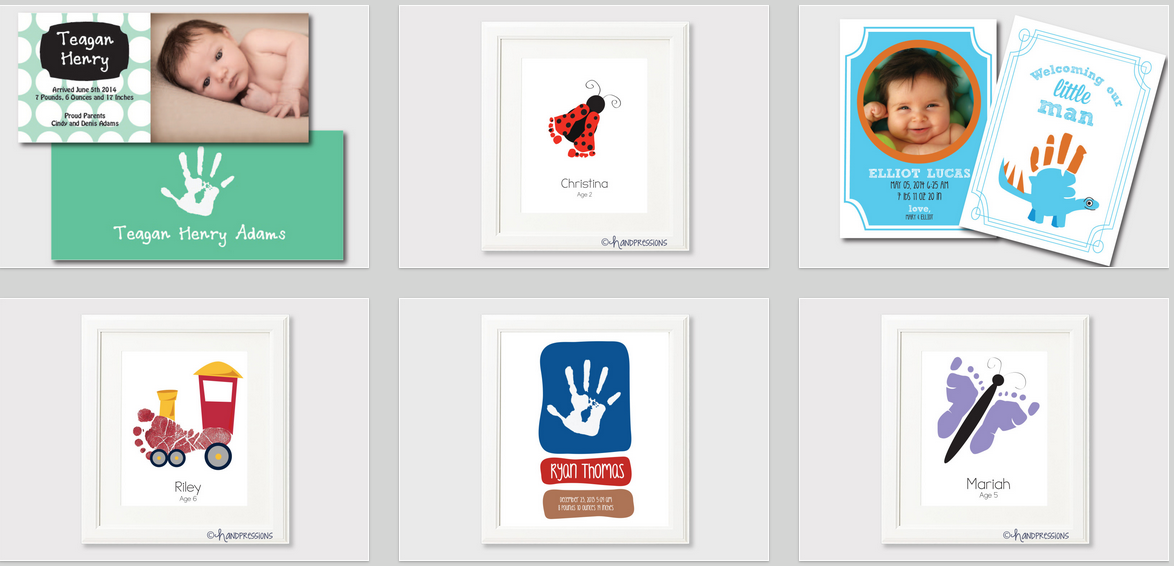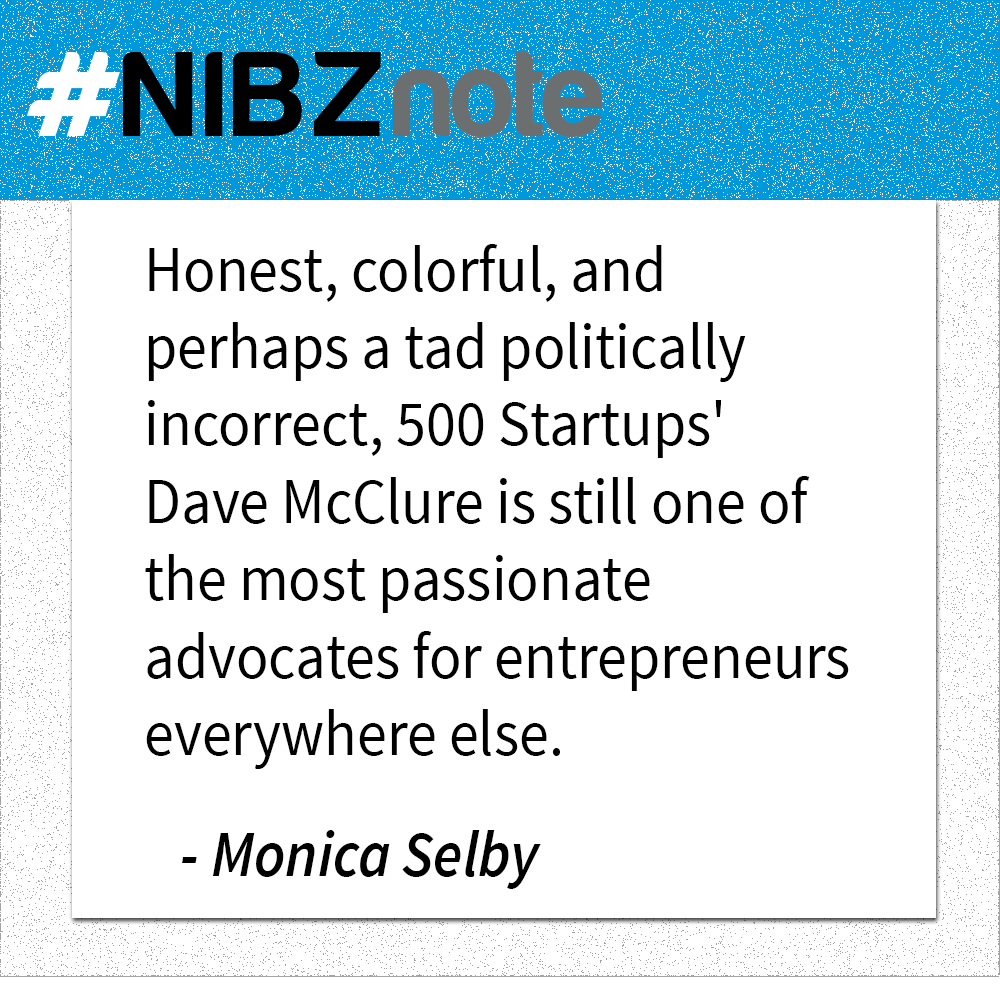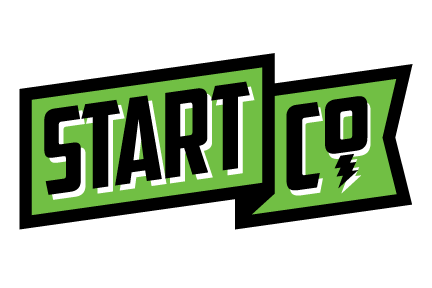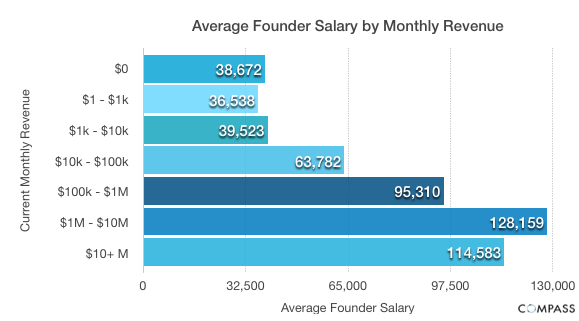

One of the most frustrating things about writing tech stories and planning national conferences is that we often need simple assets from companies (think logos, headshots, etc), but it can take an eternity to get them. Emails back and forth, which everyone hates, and we’re still usually down to the wire.
Brandfolder is a recent Techstars Boulder graduate that’s going to fix that for me. While it’s actually aimed at marketing and PR professionals, the ultimate goal is to provide a one-stop place for companies to upload these assets and open them to whomever needs them.
The guys at Brandfolder are already looking at some great traction, and anything that cuts down on email is a win in my book.
Check out our Q&A with Brandfolder CEO Brian Parks below. (And yes, I got the logo above from the company’s Brandfolder.)
What is your startup called?
Brandfolder
What’s the story behind your idea?
It’s pretty simple – I spent several years doing investment banking and business development, and I constantly needed other companies’ information in order to represent them to the market (be it in an M&A pitch deck or on an online travel website). I always found myself waiting for pretty low-level stuff that every company had (logos, headshots, product images, copy), and it slowed down my ability to do deals. I would get this content in a multitude of ways (and often had to hound people for it) and then it was on me to dig through it, organize it and pull what I needed. It was very annoying and extremely inefficient.
So, I set out to create a standard for organizing and sharing this type of content, which happens to be branding and marketing assets. It’s really the marketers and designers within companies who control this content, so we’ve built a tool for them firstly. Ultimately, to scratch my own itch, I want to make this content accessible and on-demand for the most part (of course, some stuff must remain private) in a standardized fashion across companies (on one website – Brandfolder.com), so people who need it are empowered to grab it and move on. The two big things to me are accessibility and accuracy and fostering a new paradigm of control for brands around this content. Control is not having your content buried and under lock and key; control is serving up the content people need in a frictionless manner.
Who are the founders, and what are their backgrounds?
I’ll start off by saying we met at a Startup Weekend event, which I think is pretty awesome. I was dipping my toes further into the startup ecosystem, and Paul was new to Denver just looking to hack and meet folks.
- Brian Parks, Co-founder & CEO
Before getting into startups, my background was in finance. I worked as an M&A investment banker for five years before moving into startups. I joined an online travel startup in the “basement stage” as employee #1. After 18 months of running operations and business development, I decided to strike off on my own. I moved to San Francisco for a summer to learn how to code, came back and worked as a developer for a bit and then started Brandfolder. And here, I am today. What else can I tell ya?
- Paul Arterburn, Co-founder & Head of Product
Paul built the first website his hometown of Imperial, Nebraska had ever seen (at least that’s how he tells it…). He was the tech dude in town. He went off to college where he studied finance/entrepreneurship along with some computer science. He spent the next 5 years working for a fortune 500 retail company as an analyst, where he basically automated his job, went remote and started doing more development work for clients through his consulting company. Paul’s been involved with Branfolder since pretty much day one and runs our product development.
What problem do you solve?
The general disorganization and inaccessibility of branding and marketing materials across companies. This content is called upon more than anything else within and across organizations (by internal and external parties); yet, it lacks a dedicated home built specifically for it. We’re a time saver for marketers and designers and the people they support (sales, partners, press).
Why now?
2 reasons:
1) Proliferation of cloud storage – We love cloud storage, but we feel this problem is only exacerbated by how damn easy it is to throw stuff into Dropbox/Drive. “oh, I can put everything here, and I never have to delete anything! I’ll call this one logo_highres_used for marketing deck 7_final_v4.jpg”). Dropbox is really built for having my stuff everywhere, which it does a phenomenal job at. It’s not built for having everyone else’s stuff in one place, which is what we’re here for. 80% of our users also use Dropbox, as do we, of course, but they also realize it’s not the right tool for every job.
2) Demand for content – More and more visual marketing content is being created and deployed to more presences, and it’s tough to keep up with and keep everyone on the same page. This content is in high demand, so we’re here to put it on demand (first by one link and eventually by more interesting delivery).
What was it like going through Techstars Boulder? What was most surprising about that experience?
An honor. A whirlwind. A great time. A lot of pitch practicing.
Biggest surprise: Just how generous and engaged the mentors and network at large are. That is the #1 lasting benefit of the program. I’m looking for a VP of Sales right now and have a 30+ year enterprise sales guy (mentor I met briefly over the summer) helping me out. All I had to do was ask. That’s just awesome.
What are some of the milestones your startup has already reached?
Thousands of brands using Brandfolder
What are your next milestones?
Thousands more brands using Brandfolder
Where can people find out more? Any social media links you want to share?
www.brandfolder.com/brandfolder
There’s also a great discussion on Brandfolder
here.





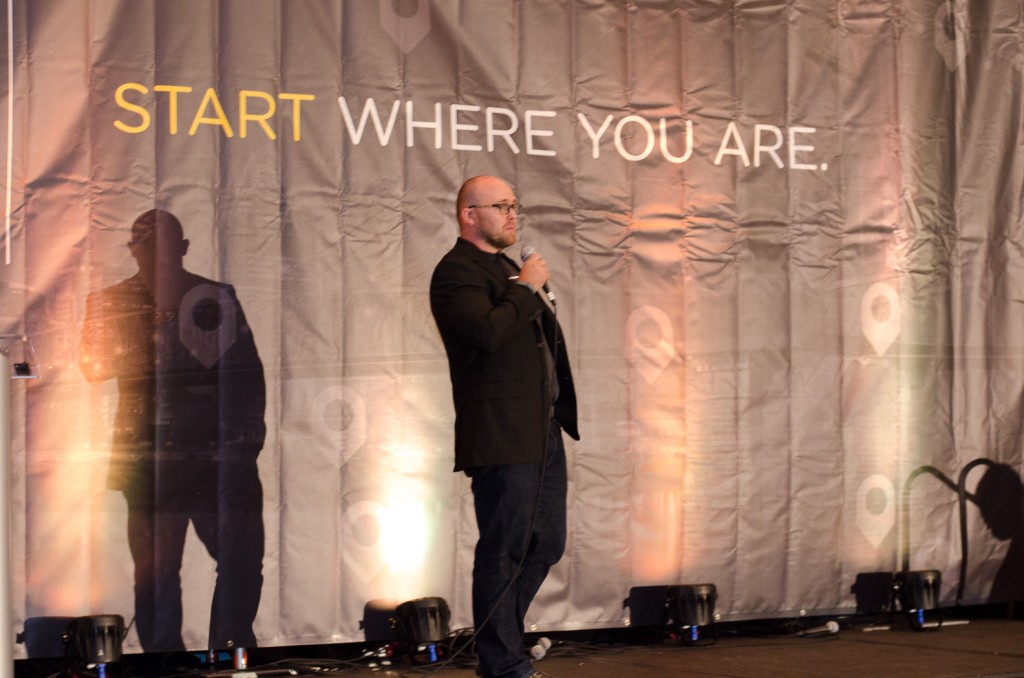
 Ben Yoskovitz is the author of the popular
Ben Yoskovitz is the author of the popular  Jared Steffes is a lifetime entrepreneur living in Chicago. His current startup,
Jared Steffes is a lifetime entrepreneur living in Chicago. His current startup,  Nicholas Holland is the CEO of
Nicholas Holland is the CEO of  Kuty Shalev has spent the last twelve years as CEO
Kuty Shalev has spent the last twelve years as CEO


